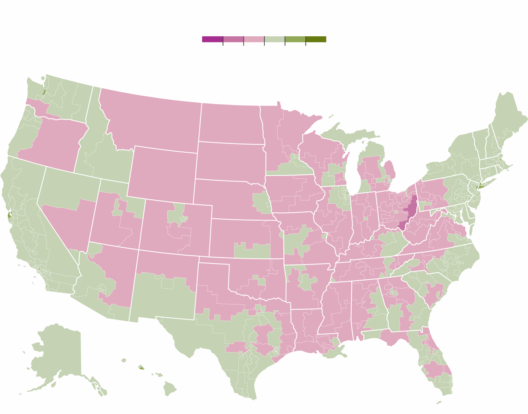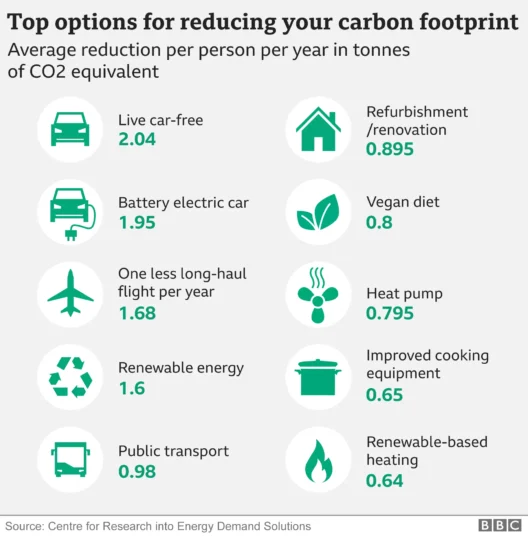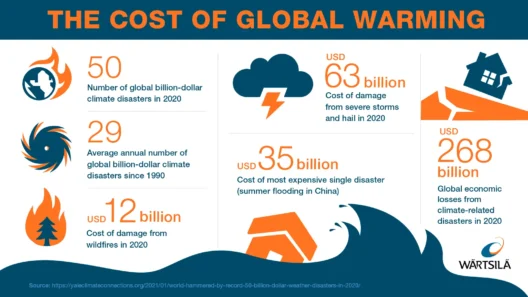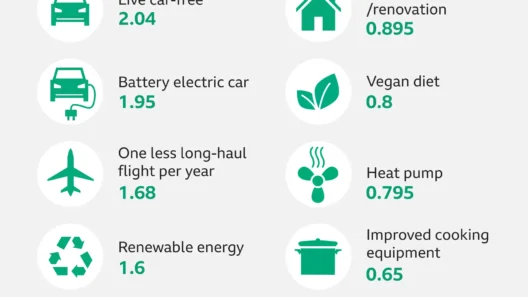The Intergovernmental Panel on Climate Change (IPCC) is often likened to a sentinel standing vigilant against the impending threats of climate change. Established in 1988 by the United Nations, the IPCC serves as a collaborative body for the world’s leading climate scientists, tasked with the crucial role of assessing the myriad dimensions of climate change. Its work extends beyond the mere collation of data; it synthesizes scientific findings, engages in policy discussions, and translates complex data into comprehensible reports for decision-makers. This article delves into the intricate workings of the IPCC and sheds light on its essential contributions to climate science and policy.
At its core, the IPCC is a scientific framework designed to provide an objective, comprehensive analysis of climate change. It conducts extensive assessments that evaluate scientific literature, incorporating knowledge from thousands of researchers worldwide. Each assessment report produced by the IPCC is monumental in scale, representing a synthesis of research that captures current understandings of climate systems, impacts, vulnerabilities, and adaptation strategies. Every major report undergoes rigorous peer review, ensuring the highest standards of scientific integrity and reliability. This multifaceted approach contributes to the legitimacy of its outputs and positions the IPCC as a credible voice in climate discourse.
The primary objective of the IPCC is to inform policy and foster informed global action. By engaging member nations in the evaluation process, the IPCC transcends national boundaries, promoting an inclusive dialogue on subjects that affect the planet as a whole. It emphasizes the need for collective action and an interdisciplinary approach, recognizing that climate change is not merely an environmental challenge—it intersects with economic, social, and political complexities. This broad perspective is essential for crafting effective responses to climate-related threats.
The IPCC operates through a unique structure comprising three Working Groups and a Task Force. The first Working Group focuses on the physical science basis of climate change. This segment encompasses atmospheric physics, oceanography, and earth systems, driving home the foundational understanding of greenhouse gas emissions and their climatic ramifications. The second Working Group delves into impacts, adaptation, and vulnerability. It scrutinizes how climate change affects different regions and sectors, emphasizing the disparities in susceptibility and resilience. Finally, the third Working Group centers on mitigation strategies, assessing technological, economic, and behavioral approaches to reduce greenhouse gas emissions. The supranational collaboration among these groups facilitates a multifaceted exploration of climate change, underscoring the interconnectedness of various fields.
The IPCC is well-known for its periodic assessment reports, released roughly every five to seven years. These reports are monumental undertakings that distill vast amounts of scientific research, presenting it in an accessible format for policymakers and the public. The assessment reports are divided into chapters that tackle specific aspects of climate science and policy, enabling readers to grasp the nuances of each area. The release of these reports often ignites discussions and spurs action within the international community, highlighting their vital role as a catalyst for change.
However, the impact of the IPCC extends far beyond the publication of reports. It plays a strategic role in climate negotiations and diplomatic efforts, notably within the framework of the United Nations Framework Convention on Climate Change (UNFCCC). By providing the scientific foundation necessary for understanding climate change, the IPCC informs the negotiations that shape international agreements, such as the Paris Agreement. Its assessments inform targets for greenhouse gas reductions, adaptation strategies, and support mechanisms for developing countries. This symbiotic relationship underscores how scientific inquiry can inform diplomatic processes, ultimately fostering a global framework for environmental stewardship.
One of the most pressing challenges that the IPCC addresses is the growing urgency of climate change. The latest assessment reports articulate the escalating threats posed by rising temperatures, extreme weather events, and shifting ecosystems, urging decision-makers to act with alacrity. The IPCC emphasizes that the window for mitigation is rapidly closing, galvanizing efforts to implement solutions before the repercussions become catastrophic. In recent reports, phrases such as “Code Red for Humanity” encapsulate the sense of immediacy and the moral imperative for action.
In addition to its scientific contributions, the IPCC has emerged as an educator and communicator, striving to enhance public understanding of climate change. Effective communication is crucial in promoting awareness and mobilizing grassroots support for climate initiatives. The IPCC recognizes that climate change is not merely an abstract scientific phenomenon but a relatable issue that impacts individuals and communities worldwide. Through outreach efforts, summaries for policymakers, and public engagement initiatives, the IPCC endeavors to demystify the complex science of climate change, inviting participation from a diverse array of stakeholders.
As we anticipate future reports and assessments, one can only ponder the potential pathways that lie ahead. The challenge remains not only in understanding the intricacies of climate science but also in translating that knowledge into tangible action. The IPCC’s role as a watchdog is not merely reactive; it is anticipatory, pioneering the discourse on sustainable development and resilience in the face of climate change. The work of the IPCC reminds us that while the challenges are monumental, the pursuit of solutions and the responsibility for our planet belong to us all.
In essence, the IPCC stands as both an arbiter of scientific knowledge and a beacon of hope. It urges humanity to confront the existential crisis of climate change head-on, reinforcing the notion that through collaborative effort and informed decision-making, a sustainable future is achievable. As the climate discourse evolves, the importance of the IPCC will only intensify, marking it as an essential advocate for the planet and its inhabitants.






